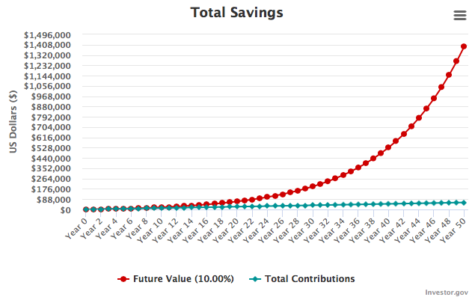Sleep Deprivation: An Epidemic of the Modern World
Sleep deprivation and deficiency are much more common in today’s world than one would imagine. In a society run by caffeine, sleep is often put on the back burner in order to make time for other responsibilities.
While adults need on average between 7 and 9 hours of sleep a night, the average growing teenager needs between 8 and 10 hours. If a student needs to get up at 7 am for school, getting 9 hours of sleep a night requires that they go to sleep at 10 pm. But how is that reasonable? Schools today push for a student to be taking multiple AP classes, which often each require at least 2 hours of homework per night. After-school athletics need to be factored in, too. Many student athletes get home after 6 pm, sometimes as late 10 if they have an away game. On top of that, students want to have free time.
Guidance counselors and teachers stress that it is important for students to have a fun, stress free high school experience. How is that realistic? When schools don’t take into account the role that proper sleep plays in a students life, many students begin to suffer from sleep deprivation.
Sleep deprivation is a condition in which a person doesn’t get enough proper, healthy sleep. This in turn causes sleep deficiency. Sleep deficiency leads to an array of other health issues. Its symptoms include insomnia, sleeping at abnormal times of the day, and having poor sleep quality.
REM (paradoxical sleep) is sleep occurring at intervals during the night and is characterized by rapid eye movements, more dreaming and bodily movement, and faster pulse and breathing. REM is a phase of the sleeping cycle. It alternates with non-REM sleep, forming a cycle that lasts for 90 minutes. Experiments have been conducted which involve waking up patients as they enter the REM phase. This was found to result in REM deprivation, causing a person to feel extremely tired.
Sleep deprivation also affects aspects of human health such as athletic performance, immune function, and concentration and productivity. These all heavily rely on proper sleep.
The results of a health survey by the Centers for Disease Control and Prevention showed that an estimated 50 to 70 million Americans have chronic sleep disorders. In the same study, nearly 40 percent of adults reported falling asleep during the day, by accident, as often as once a month. A study by the Division of Sleep Medicine, Brigham and Women’s Hospital in Boston done on medical interns showed that interns on a schedule that included extended hours of more than 24 hours made 36% more serious mistakes, as opposed to those who had a regular sleep schedule. Another study, done by the School of Psychology, University of New South Wales in Sydney, Australia, showed that sleep deprivation impacts the human brain in a way that is similar to alcohol intoxication.
Clearly, getting enough sleep is vital for the human body. As teenagers, we need to listen to our natural biological clock. But how is this possible when we are growing up in a world that pressures us to be constantly putting in work in order to succeed?


